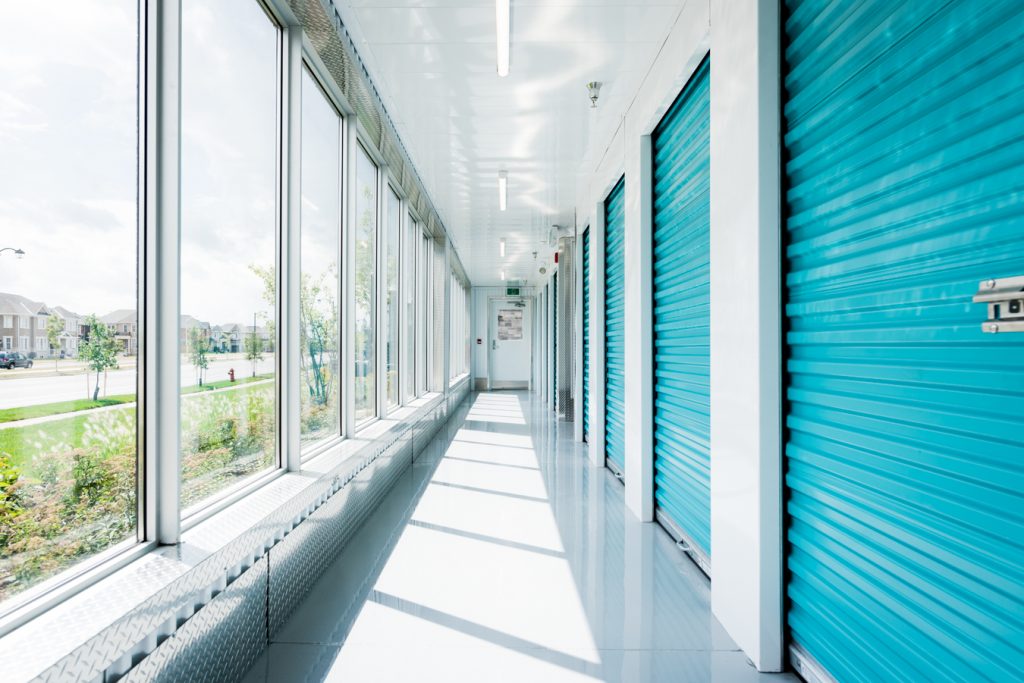Have a storage question or need more information?
Send us an email and a representative will be in touch within 24 hrs.


Your Trusted Partner for Secure and Convenient Storage.
At UltraStor Burlington, we provide clean, modern, and secure storage solutions for homeowners, renters, businesses, and vehicle owners. Whether you are downsizing, decluttering, or storing equipment, our locally owned facility offers flexible options tailored to your needs. With exceptional customer service, high-tech security, and a range of unit sizes, UltraStor Burlington is your go-to storage facility in Burlington.

When it comes to choosing a storage facility in Burlington, peace of mind is everything. At UltraStor Burlington, we combine small-business care with industry-leading features to deliver a seamless storage experience.
Some of the things that makes us different include:
When it comes to storing your valuables, you deserve more than just a storage unit—you deserve peace of mind. At UltraStor Burlington, we offer:

From personal keepsakes to business equipment, our self-storage units are designed to meet diverse needs.
Have a storage question or need more information?
Send us an email and a representative will be in touch within 24 hrs.
Not sure what size unit you need? Our experienced staff is here to help. We offer a wide range of unit sizes—many of them climate-controlled or heated—to accommodate everything from seasonal décor and documents to large furniture and inventory. Explore our unit size guide or speak with our team to find the perfect fit for your storage needs. Situated right in Burlington, our location makes it easy to access your unit whenever you need.

© 2026 Secure Self Storage Company - Ultrastor.ca. All Rights Reserved.